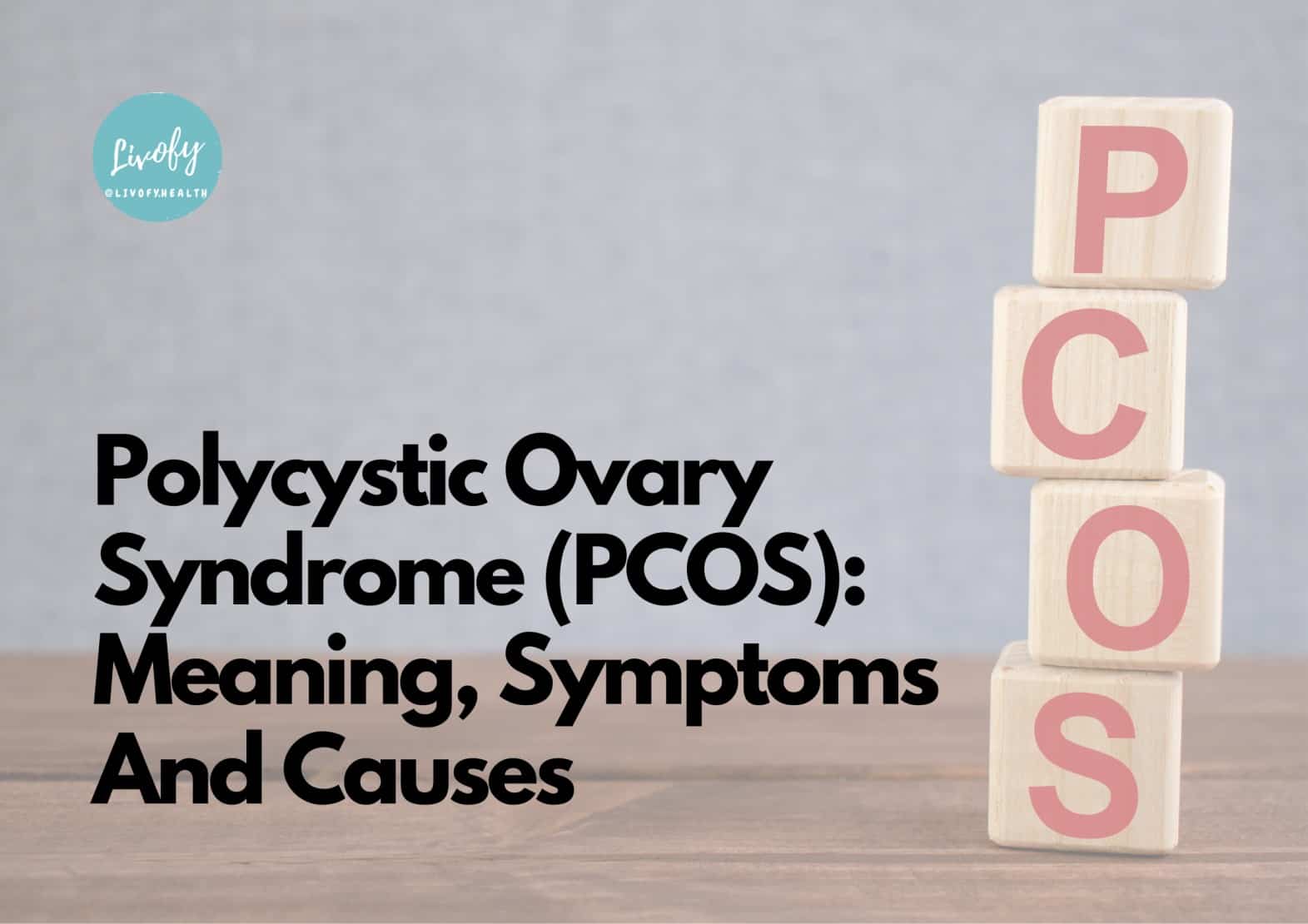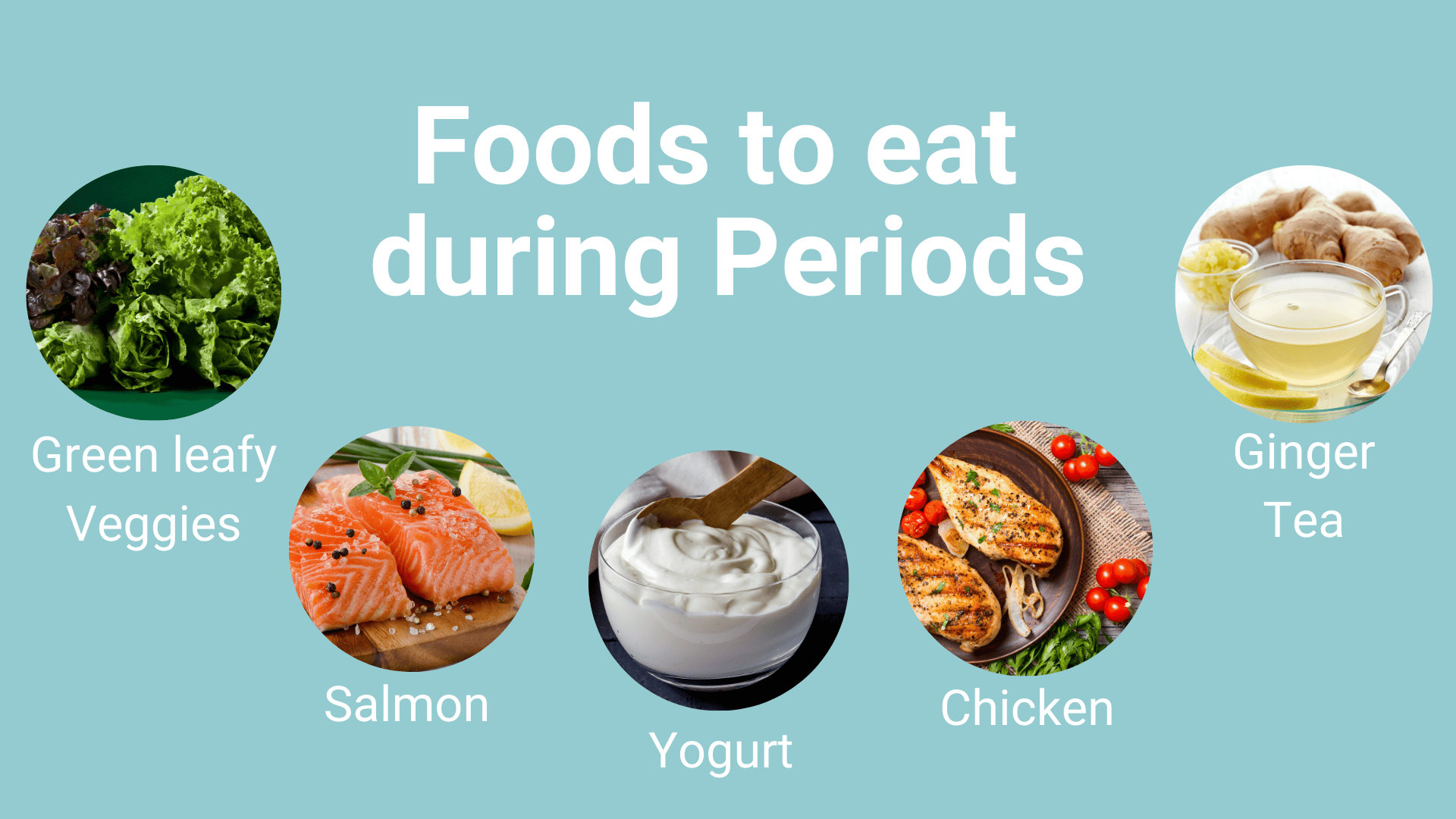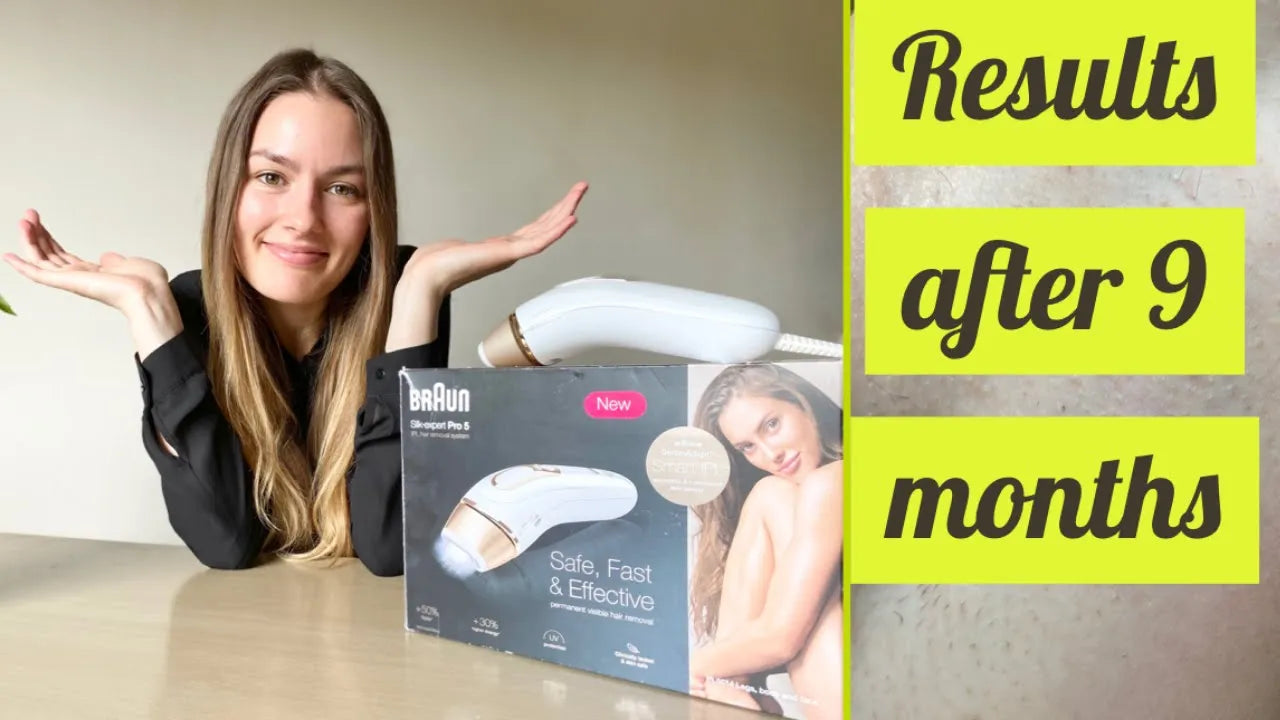
PCOS meaning, or the meaning of Polycystic Ovary Syndrome, is a common hormonal disorder among women of reproductive age. PCOS meaning is characterized by the growth of multiple small cysts in the ovaries and can cause a range of symptoms such as irregular periods, acne, weight gain, and difficulty getting pregnant. PCOS meaning is a serious health problem as it can have a number of negative effects on a woman’s physical and mental health. The diagnosis of PCOS meaning is typically made based on a combination of signs of pcos, physical exam, and laboratory tests. The most accepted criteria for diagnosis of PCOS meaning is the Rotterdam criteria which require the presence of at least two out of three criteria: ovulatory dysfunction, clinical and/or biochemical signs of hyperandrogenism, and polycystic ovaries on ultrasound examination. Early diagnosis and management of PCOS meaning can help prevent these problems and improve overall health.
In this blog, we will explore the PCOS meaning, PCOS symptoms, and causes of PCOS in more detail, as well as discuss PCOS Treatment options available to those who have been diagnosed with this condition.
Table of Contents
- What is PCOS?
- What are the Symptoms of PCOS?
- Causes Of PCOS
- How does PCOS affect your Body?
- The Bottom Line
- FAQs
What is PCOS?
Polycystic Ovary Syndrome (PCOS) is a common hormonal disorder that affects women of reproductive age. It is characterized by a number of PCOS symptoms, including irregular menstrual cycles, excess hair growth, and acne. The ovaries of women with PCOS contain many small cysts, hence the name “polycystic.”
The exact cause of PCOS is not known, but it is believed to be related to a combination of genetic and environmental factors. Studies have shown that women with PCOS have higher levels of androgens (male hormones) than women without the condition. These higher androgen levels can lead to the development of PCOS symptoms such as excess hair growth and acne.
PCOS is also closely linked to a condition called insulin resistance, in which the body’s cells become resistant to the effects of insulin. This can lead to an increase in insulin levels, which can in turn cause weight gain, difficulty losing weight and an increased risk of type 2 diabetes.
What are the Symptoms of PCOS?
Irregular Menstrual Cycles
One of the most common symptoms of PCOS is irregular menstrual cycles. Women with PCOS often experience infrequent, irregular, or absent periods. In this blog, we will explore the connection between PCOS and irregular menstrual cycles and discuss the impact it can have on a woman’s health.
The ovaries of women with PCOS contain many small cysts, hence the name “polycystic.” These cysts are caused by an imbalance of hormones, specifically an overproduction of androgens (male hormones) and an imbalance of estrogen and progesterone. This hormonal imbalance can disrupt the normal functioning of the ovaries and disrupt the menstrual cycle.
Irregular menstrual cycles can have a significant impact on a woman’s overall health. Without regular periods, it can be difficult to predict when ovulation will occur and when a woman is most fertile. This can make it difficult to get pregnant and can lead to infertility. Irregular menstrual cycles can also make it difficult to diagnose other gynecological conditions, such as endometriosis or uterine cancer.
In addition to irregular menstrual cycles, PCOS can also cause other signs of pcos such as excess hair growth, acne, weight gain or difficulty losing weight, and fertility issues.
The good news is that there are treatment options available for women with PCOS. Birth control pills can be used to regulate menstrual cycles and lower androgen levels. Medications such as Metformin can also be used to help with insulin resistance. Lifestyle changes, such as losing weight, eating a healthy PCOS Diet Plan, and getting regular exercise, can also help improve PCOS symptoms.
Excess Hair Growth
One of the most noticeable PCOS symptoms is excess hair growth, also known as hirsutism. Women with PCOS may experience excessive hair growth on the face, chest, and back, which can be a source of embarrassment and emotional distress. In this blog, we will explore the connection between PCOS and excess hair growth and discuss the impact it can have on a woman’s self-esteem.
Excess hair growth in women with PCOS is caused by an imbalance of hormones, specifically an overproduction of androgens (male hormones) such as testosterone. These higher levels of androgens can cause hair follicles to grow thicker and darker hair, similar to the hair growth that occurs on men’s faces and bodies.
Hirsutism can have a significant impact on a woman’s self-esteem and body image. Many women feel self-conscious about excessive hair growth and may feel embarrassed or ashamed. This can lead to feelings of low self-worth and a lack of confidence in social situations.
Treatment options for PCOS-related hirsutism include birth control pills to regulate menstrual cycles and lower androgen levels, medication such as Spironolactone and Finasteride to lower androgen levels, and laser hair removal or electrolysis to remove unwanted hair. It’s important to note that these treatments may not completely eliminate hair growth, but they can help to reduce the amount and thickness of hair.
It’s also important to address the underlying cause of hirsutism caused by PCOS, which is the hormonal imbalance. Lifestyle changes such as weight loss, a healthy PCOS Recipes, and regular exercise can help to improve insulin resistance and reduce androgen levels.
It’s important for women with PCOS to work closely with their healthcare providers to develop a treatment plan that is right for them. With proper management, most women with PCOS can lead healthy, normal lives. If you suspect you may have PCOS or have been experiencing excessive hair growth, it’s important to speak with your healthcare provider to rule out any other underlying conditions and develop a plan for managing your PCOS symptoms.
Acne
Acne is a common skin condition that affects many people, but it can be especially prevalent in women with Polycystic Ovary Syndrome (PCOS). PCOS is a hormonal disorder that affects the ovaries and can cause a variety of signs of pcos, including acne. In this blog, we will explore the connection between PCOS and acne and discuss the impact it can have on a woman’s self-esteem and overall health.
Acne is caused by a combination of factors, including increased oil production, clogged pores, and an overgrowth of bacteria. In women with PCOS, acne is often caused by an imbalance of hormones, specifically an overproduction of androgens (male hormones) such as testosterone. These higher levels of androgens can increase oil production and lead to clogged pores, resulting in acne.
Acne can have a significant impact on a woman’s self-esteem and body image. Many women feel self-conscious about their acne and may feel embarrassed or ashamed. This can lead to feelings of low self-worth and a lack of confidence in social situations.
Treatment options for PCOS-related acne include birth control pills to regulate menstrual cycles and lower androgen levels, topical medications such as retinoids and benzoyl peroxide, and oral antibiotics. It’s important to note that these treatments may not completely eliminate acne, but they can help to reduce the severity and frequency of breakouts.
It’s also important to address the underlying cause of acne caused by PCOS, which is the hormonal imbalance. Lifestyle changes such as weight loss, a healthy diet, and regular exercise can help to improve insulin resistance and reduce androgen levels.
Weight Gain Or Difficulty Losing Weight
Weight gainweight gain
Weight gain in women with PCOS is often caused by an imbalance of hormones, specifically insulin resistance. Insulin is a hormone that regulates blood sugar levels and helps the body use glucose for energy. In women with PCOS, the body may become resistant to insulin, resulting in higher levels of insulin in the blood. This can lead to weight gain, particularly in the abdominal area, as well as an increased risk of diabetes and other metabolic disorders.
Weight gain can have a significant impact on a woman’s overall health and well-being. Carrying excess weight can increase the risk of heart disease, diabetes, and other health problems. It can also lead to feelings of low self-worth and a lack of confidence in social situations.
Treatment options for PCOS-related weight gain include lifestyle changes such as weight loss, a healthy diet, and regular exercise, which can help to improve insulin resistance and reduce weight. Medications such as metformin may be prescribed to help lower insulin resistance.
It’s also important to address the underlying cause of weight gain caused by PCOS, which is hormonal imbalance. Lifestyle changes such as weight loss, a healthy diet, and regular exercise can help to improve insulin resistance and reduce weight. Learn about the same in detail with our PCOS Blogs.
Fertility Issues
Fertility issuesfertility issues
PCOS is a leading cause of infertility in women. The ovaries of women with PCOS may contain multiple small cysts, which can lead to an imbalance of hormones and disrupt ovulation. As a result, ovulation may be infrequent or absent, making it difficult for women with PCOS to become pregnant.
In addition to difficulty ovulating, women with PCOS may also have a higher risk of miscarriage. The hormonal imbalances associated with PCOS can affect the development of the fetus, making it more likely for a miscarriage to occur.
The good news is that there are treatment options available for women with PCOS who are trying to conceive. Fertility medications such as clomiphene citrate and gonadotropins can be used to stimulate ovulation and increase the chances of pregnancy. In vitro fertilization (IVF) may also be an option for women with PCOS who are having difficulty becoming pregnant.
It’s important for women with PCOS to work closely with their healthcare providers to develop a treatment plan that is right for them. If you suspect you may have PCOS or have been experiencing difficulty becoming pregnant, it’s important to speak with your healthcare provider to rule out any other underlying conditions and develop a plan for managing your PCOS symptoms.
It’s also important to remember that fertility issues caused by PCOS are not always permanent and can be treated. Seeking support and counseling can be beneficial for managing the emotional impact of fertility issues.
In addition to seeking medical treatment, lifestyle changes such as weight loss, a healthy diet, and regular exercise can also help improve fertility in women with PCOS. These lifestyle changes can help to improve insulin resistance and reduce the risk of miscarriage.
It’s important to note that fertility issues can be a sensitive and emotional topic for many women. It’s important to be patient with yourself and remember that it is not uncommon for it to take some time to conceive. Seeking support from loved ones, a therapist or a support group can be helpful in managing the emotional aspect of fertility issues.
Causes Of PCOS
Polycystic Ovary SyndromePCOS
One of the main causes of PCOS is an imbalance of hormones, specifically androgen levels. Androgens are male hormones that are present in both men and women. In women with PCOS, the ovaries produce an excessive amount of androgens, which can disrupt ovulation and lead to the development of small cysts on the ovaries. This hormonal imbalance can also lead to other symptoms such as excess hair growth and acne.
Another possible cause of PCOS is insulin resistance. Insulin is a hormone that regulates blood sugar levels and helps the body use glucose for energy. In women with PCOS, the body may become resistant to insulin, resulting in higher levels of insulin in the blood. This can lead to weight gain, particularly in the abdominal area, as well as an increased risk of diabetes and other metabolic disorders.
Genetics also plays a role in the development of PCOS. Studies have shown that women with a family history of PCOS are more likely to develop the condition themselves. Researchers believe that certain genetic variations may increase the risk of developing PCOS.
Environmental factors such as a poor diet, lack of physical activity, and obesity may also contribute to the development of PCOS. Excessive weight gain can cause an imbalance of hormones and increase the risk of insulin resistance.
It’s important to note that not all women with PCOS will have the same causes and symptoms. And sometimes it can be a combination of all of these factors. The importance of understanding the causes of PCOS is in order to diagnose it early and prevent complications.
How does PCOS affect your Body?
Polycystic Ovary Syndrome (PCOS) is a hormonal disorder that affects women of reproductive age. It is characterized by a combination of symptoms, including irregular menstrual cycles, excess hair growth, acne, and weight gain. These PCOS symptoms are caused by a complex interplay of hormones and metabolic factors that affect various parts of the body.
One of the main ways that PCOS affects the body is by disrupting the ovaries’ hormonal balance. Women with PCOS often have higher levels of androgens, which are male hormones that are present in both men and women. These elevated androgen levels can lead to the development of small cysts on the ovaries and can disrupt ovulation, resulting in irregular menstrual cycles or even infertility.
Another way that PCOS affects the body is by causing insulin resistance. Insulin is a hormone that regulates blood sugar levels and helps the body use glucose for energy. When the body becomes resistant to insulin, glucose can build up in the blood, leading to weight gain, particularly in the abdominal area, and an increased risk of diabetes.
Excess hair growth, or hirsutism, is another common symptom of PCOS. The high levels of androgens in women with PCOS can cause hair growth in unwanted areas, such as the face, chest, and back. Acne is also a common symptom of PCOS, which can be caused by the hormonal imbalances and inflammation in the body.
PCOS can also affect the body’s cardiovascular health. Women with PCOS have a higher risk of developing conditions such as high blood pressure, high cholesterol, and metabolic disorders. These conditions can increase the risk of heart disease and stroke.
In summary, PCOS can affect the body in various ways, including the ovaries, hormonal balance, insulin resistance, hair growth, skin, and cardiovascular health. It’s important for women with PCOS to work closely with their healthcare provider to develop a personalized treatment plan that addresses the underlying causes of their PCOS and helps them manage their symptoms. This may include lifestyle changes such as weight loss, healthy diet, and regular exercise, as well as medications to help regulate hormones and improve insulin resistance.
The Bottom Line
In conclusion, Polycystic Ovary Syndrome (PCOS) is a complex hormonal disorder that affects women of reproductive age. It is characterized by a combination of symptoms such as irregular menstrual cycles, excess hair growth, acne, and weight gain. The causes of PCOS are not fully understood, but a combination of genetic and environmental factors are believed to play a role. It’s important for women with PCOS to work closely with their healthcare provider to develop a personalized treatment plan that addresses the underlying causes of their PCOS and helps them manage their symptoms. This may include lifestyle changes such as weight loss, healthy diet, and regular exercise, as well as medications to help regulate hormones and improve insulin resistance. It’s also important to note that not all women with PCOS will have the same causes and symptoms. With early diagnosis and proper management, women with PCOS can lead healthy, fulfilling lives.
FAQs
What is full form of PCOS?
The PCOS full form is Polycystic Ovary Syndrome. It is a common hormonal disorder among women of reproductive age and it is characterized by the growth of multiple small cysts in the ovaries. It can cause a range of symptoms such as irregular periods, acne, weight gain, and difficulty getting pregnant. PCOS is diagnosed based on the presence of at least two of the following three criteria: ovulatory dysfunction, clinical and/or biochemical signs of hyperandrogenism, and polycystic ovaries on ultrasound examination.
At what age does PCOS start?
PCOS typically starts during a woman’s reproductive years, which are typically between the ages of 12 and 45. However, it can be diagnosed at any age, including during adolescence. Symptoms of PCOS may not appear until a woman reaches her late teenage years or early twenties, when she begins to have regular menstrual cycles. In some cases, PCOS may not be diagnosed until a woman reaches her thirties or forties, when she may have difficulty getting pregnant and seeks medical advice. PCOS can be diagnosed at any age and it can affect women of all ages.
How do I test myself for PCOS?
There is no single test to diagnose PCOS. The diagnosis is typically made based on a combination of symptoms, physical exam, and laboratory tests. The following tests may be used to help diagnose PCOS:
- Pelvic Exam: Your doctor will perform a pelvic exam to check for the presence of small cysts on your ovaries.
- Blood Test: Blood tests can be used to check your levels of hormones such as testosterone, luteinizing hormone (LH), and follicle-stimulating hormone (FSH).
- Ultrasound: An ultrasound can be used to check for the presence of cysts on your ovaries.
- Glucose Tolerance Test: This test can help determine if you have insulin resistance, a condition that is commonly associated with PCOS.
- Blood Lipid Test: This test can be used to check your cholesterol and triglyceride levels, which may be elevated in women with PCOS.
It’s important to note that the diagnostic criteria for PCOS have been evolving over the last few years, and now the most accepted criteria is the Rotterdam criteria which require the presence of at least two out of three criteria: ovulatory dysfunction, clinical and/or biochemical signs of hyperandrogenism, and polycystic ovaries on ultrasound examination.
Is PCOS a serious Problem?
PCOS can be a serious health problem as it can have a number of negative effects on a woman’s physical and mental health.
Some of the health problems associated with PCOS include:
- Infertility: PCOS can make it difficult for a woman to get pregnant, as ovulation may be irregular or absent.
- Metabolic disorders: PCOS is associated with an increased risk of metabolic disorders such as type 2 diabetes and cardiovascular disease.
- Hormonal imbalances: PCOS can cause a number of hormonal imbalances, including high levels of androgens (male hormones), which can lead to acne, excess hair growth, and weight gain.
- Depression and anxiety: Women with PCOS are at increased risk of developing depression and anxiety due to the physical and emotional symptoms of the condition.
- Cancer: A study found that women with PCOS have a higher risk of developing endometrial cancer, a type of cancer that affects the lining of the uterus.
However, early diagnosis and management of PCOS can help prevent these problems and improve overall health. Treatment options for PCOS include lifestyle changes such as weight loss, exercise, and healthy eating, as well as medications such as birth control pills and diabetes medications.








































